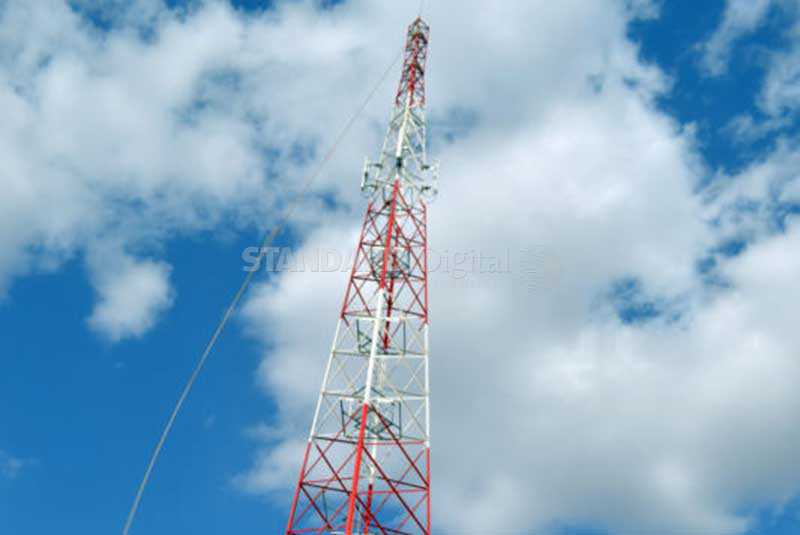×
The Standard e-Paper
Smart Minds Choose Us

On Tuesday, a consultant retained by Communications Authority of Kenya (CA) presented findings of research done two years ago on the state of competition in the telecommunications industry.
The consultant, Philip Bates of Analysys Mason, kept on referring to Safaricom and two other ‘small players’.